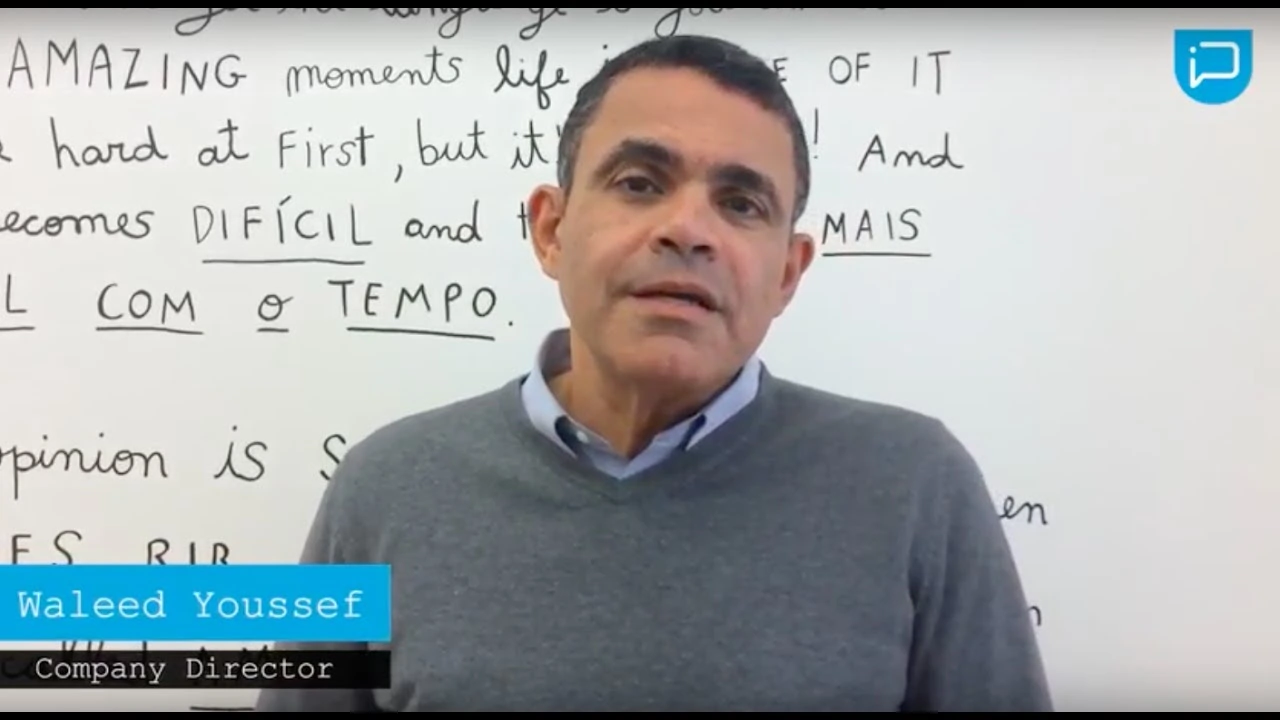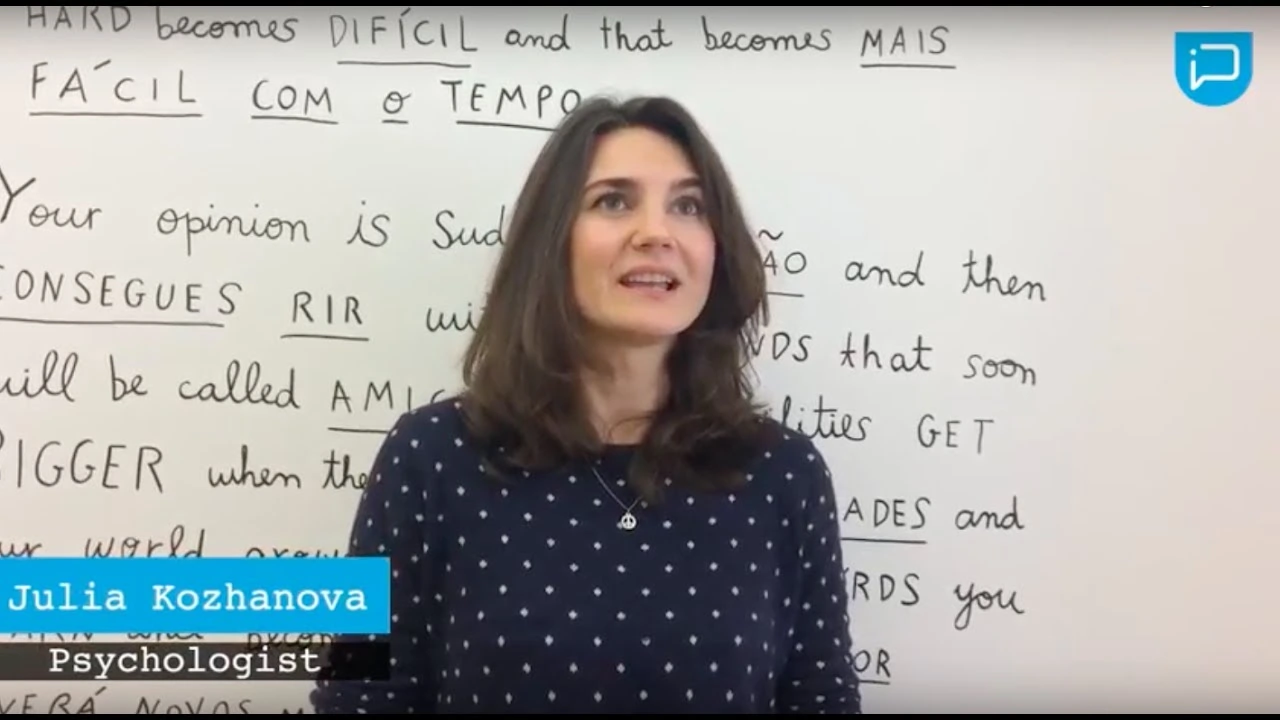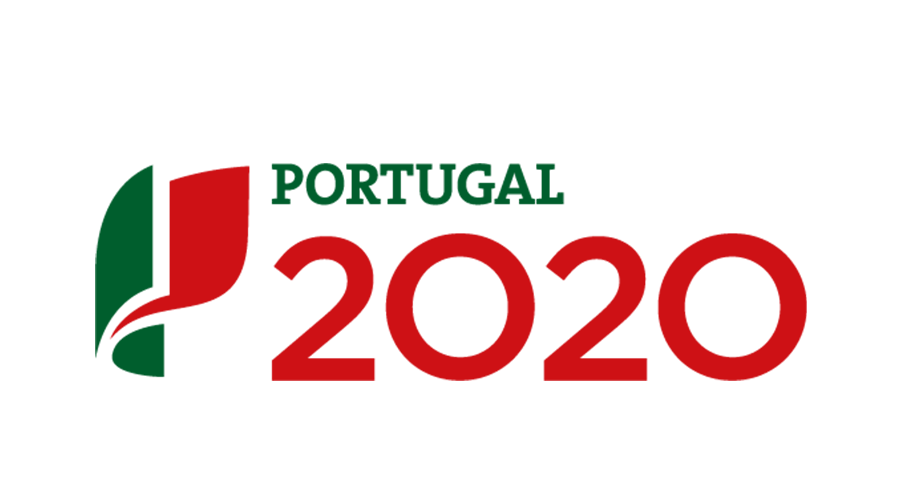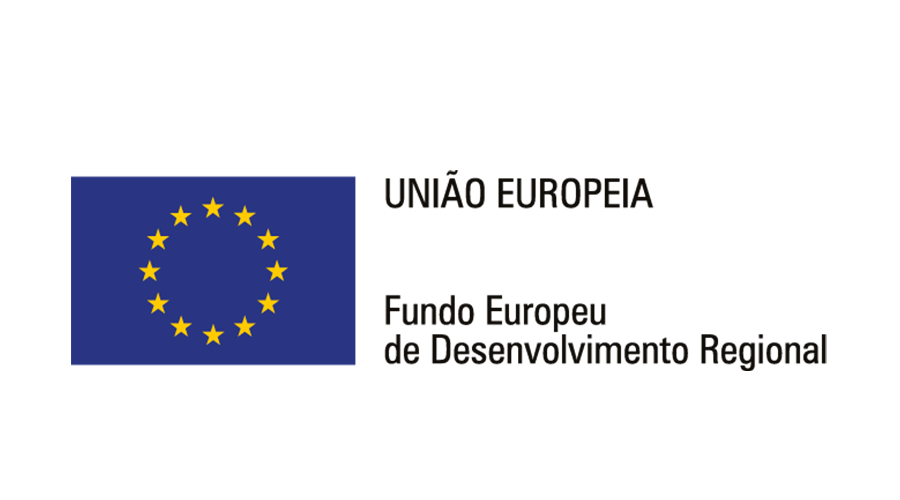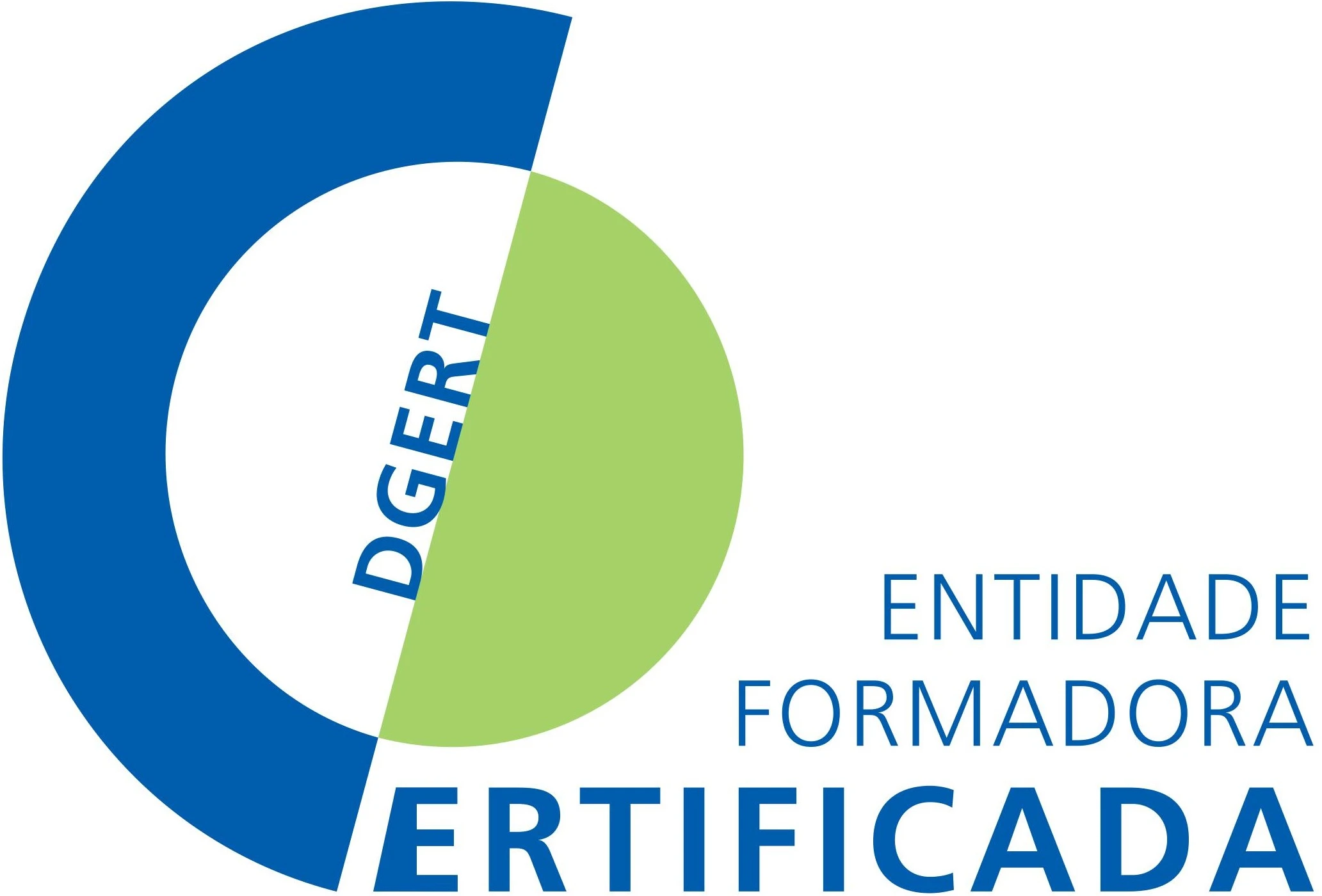Portugal isn’t a big country so you probably wouldn’t imagine that there are a lot of words and expressions that are different according to the place you are visiting. The most obvious differences are between Lisbon and Porto, but there are a lot of words that are used only in specific zones of the country.
Drinks
Going to a bar and asking for a beer might be tricky. If you’re in Lisbon you should ask for an “imperial” but if you go as far north as Coimbra (sometimes not even that far) you should ask for a “fino”. Getting a coffee is different in Lisbon (“bica”) and Porto (“cimbalino”) too. To be safe, you can simply ask for a “café”.
Food and cooking
Drinking might seem hard, but eating is even harder! There are a lot of different words in the two main cities. “Bitoque” (one of the most famous Portuguese dishes with meat, french-fries, rice and an egg) changes its name in the second major Portuguese town and is suddenly a “prego” (which also means “nail”). There’s a type of bread called “carcaça” in Lisbon and papo-seco in other areas, a “milk bread” can be either a “pão de leite” (that is the literal translation) or a “bico de pato” in Porto and black eyed peas can be “feijão frade” or “ciclistas” in that same town (and yes, the word probably reminds you of cyclists because that’s its first meaning).
When it comes to cooking itself there’s a few things to pay attention to: you can either use a “alguidar” (in the capital) or a “bacia” (in the north) or you can use both terms in the centre of the country and everyone would know you’re talking about a bowl. 95% of people from Lisbon have no idea what “testo” means, yet it is the word used for a “pan cover” in most places in Portugal. A frying pan is usually a “frigideira” unless you go to Porto where it is called a “sertã” (which is also the name of a Portuguese city).
Others
If you’re looking for a clothes hanger you should look for a “cabide” in Lisbon but a “cruzeta” everywhere else. And if you are planning to have some Portuguese lessons with us, you will need some stationary so keep in mind that an automatic pencil can be a “lapiseira” (in the capital), a “posta-minas” or a “lápis-de-minas” in some other places and a pencil sharpener is either a “afia” in Lisbon, a “aguça” in the north or a “afiadeira” in the centre.
The easiest way to know if someone is from Lisbon or not is by asking them what time it is. Someone born in Lisbon will tell you something like “um quarto para as cinco” (a quarter to five) while someone from anywhere else will answer you with “cinco menos um quarto” (five minus a quarter).
Last but not least, here’s the most controversial one: “sneakers” or is the one and only word that can make Portuguese people lose their minds. In Lisbon they’re called “ténis” yet in the centre, north and even in the islands they ‘re named “sapatilhas”. And while “sapatilhas” in Lisbon are either ballet shoes or sneakers used only for sports, people from outside of Lisbon claim that it makes no sense calling a pair of shoes “ténis” (tennis) because that’s the name of a sport.
Do you need to know all these words? No, you don’t because most times we don’t know them either but keep in mind that, depending on where you are, you’ll hear words and accents you may not recognize.


